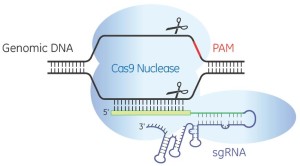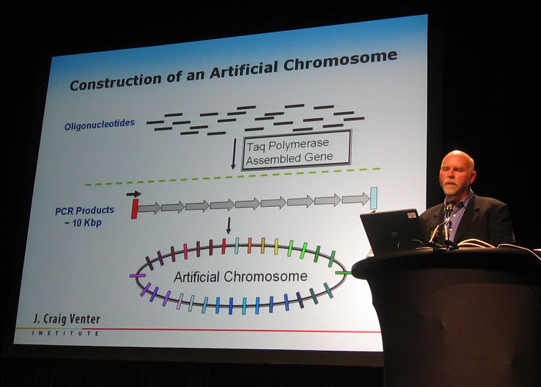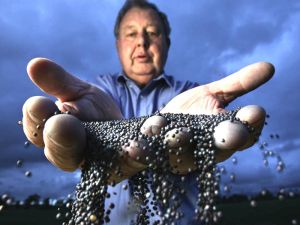Category: Emerging research
-

Genetically modifying a plant is far from harmless
by Eric Meunier (Inf’OGM) Several new techniques of genetic modification (also called NBT) are currently being discussed worldwide to decide whether to define products obtained from them as GMOs and to regulate them as such, or not. Following a parliamentary hearing in France [1] in April 2016, Inf’OGM tries to figure out some of the potential […]
-

Cashing in on Cellulosic Ethanol: Subsidy Loophole Set to Rescue Corn Biofuel Profits
by Almuth Ernsting (Independent Science News) Subsidies intended for next-generation cellulosic ethanol production are to be applied to a trivial improvement to corn ethanol refining technologies. Since cellulosic ethanol qualifies for much higher subsidies, this will significantly increase corn refinery profits and boost the demand for corn but will do nothing to combat climate change […]
-

The National Academies’ Gene Drive study has ignored important and obvious issues
by Jim Thomas (The Guardian): ‘Gene drives’ seem to be the ultimate high-leverage technology. Yesterday’s report from the US National Academies begun the job of describing what is at stake, but it missed some important questions. If there is a prize for the fastest emerging tech controversy of the century the ‘gene drive’ may have […]
-

God’s Red Pencil? CRISPR and The Three Myths of Precise Genome Editing
by Jonathan Latham, PhD (Independent Science News) For the benefit of those parts of the world where public acceptance of biotechnology is incomplete, a public relations blitz is at full tilt. It concerns an emerging set of methods for altering the DNA of living organisms. “Easy DNA Editing Will Remake the World. Buckle Up“; “We […]
-

Precautionary approach to synthetic biology needs to be translated into effective regulation
by Almuth Ernsting ([square brackets]) The Ad-hoc Technical Expert Group (AHTEG) on Synthetic Biology [1] reaffirmed the need to observe the precautionary approach in relation to synthetic biology. Its report lists 15 potential adverse impacts of synthetic biology and emphasises the need for comprehensive case-by-case risk assessments. Disappointingly, no agreement could be reached as to […]
-

Craig Venter Lays an Easter Egg
Six Years in the Making, “Synthia” is Resurrected Synthetic Biology, according to its proponents, is moving at five times the pace of Moore’s law – basically doubling its capabilities and halving its costs every four months. Except that brash billionaire Craig Venter, often dubbed Bioscience’s Bad Boy, is no Gordon Moore. Venter has just announced […]
-

GM 2.0? ‘Gene-editing’ produces GMOs that must be regulated as GMOs
This is an important article about the battle to ensure that gene-editing is treated under GM regulations in the EU. It’s relevant to synbio as many of the new “breeding techniques” under consideration by the EU – such as the genome editing described in the article below – are increasingly seen as common practices within […]
-
Scientists Add Letters to DNA’s Alphabet, Raising Hope and Fear
By ANDREW POLLACK Originally posted by the New York Times on May 7, 2014. Scientists reported Wednesday that they had taken a significant step toward altering the fundamental alphabet of life — creating for the first time an organism with DNA containing artificial genetic code. The accomplishment might eventually lead to organisms that can make […]
-
Should We Be Trying to Bring Extinct Species Back to Life?
By Pete Shanks There’s a buzz now around bringing species back from the dead. There’s even a spiffy new name for it: “de-extinction.” To some people, it sounds cute and cool and seems to be a sort of compensation for the human complicity in driving species out of existence in the first place. To others, it’s a business opportunity. Environmentalists should not be fooled by the flim-flam and should be very wary of the implications of this campaign.
-
UK Guardian: Synthetic Biology Advocates Woo Conservationists with Bio-Engineering “Solutions” to Species Extinction
Reposted from the Guardian: Call for DNA biologists to join fight against deadly new threats to wildlife Research into creation of a new generation of synthetic organisms could be the way to save some of the natural world’s most endangered species, according to conservationists The Panamanian golden frog has been pushed close to extinction by […]